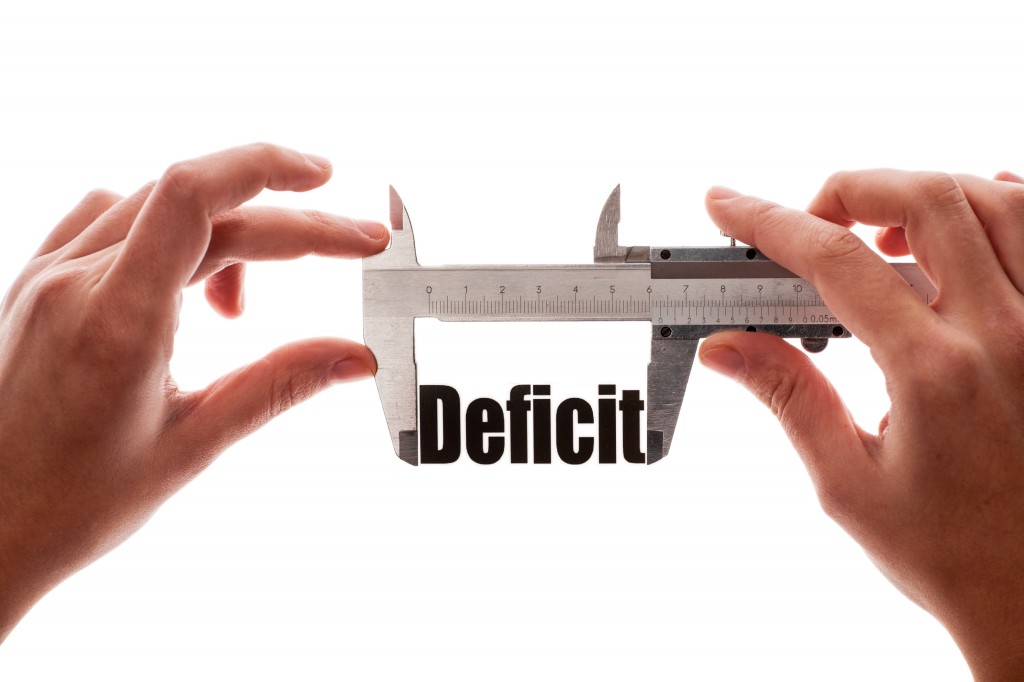General government runs HUF 13.7 bln deficit in H1

Hungaryʼs general government ran a HUF 13.7 billion deficit in the first half of the year, equivalent to 0.1% of GDP, calculated according to the European Unionʼs accrual-based accounting methodology, the Central Statistical Office (KSH) said in a preliminary reading of data released on Tuesday.
The balance deteriorated by HUF 223 bln in H1 2018, or by 1.2 percentage points as a proportion of GDP compared to the corresponding period of 2017, the KSH noted.
In absolute terms in the first half of 2018, the general government sector’s revenues totaled HUF 8,964.5 bln, and its expenditures HUF 8,978.2 bln.
Revenues grew by HUF 775.5 bln, or by 9.5%. Social contributions rose by HUF 137.4 bln (up 5.8%), while revenues from taxes on income were HUF 104.0 bln (8.0%) higher than a year earlier.
The largest increase of HUF 327.4 bln (up 10.0%), was recorded in taxes on production, within which VAT revenues rose by HUF 223.5 bln (up 13.2%). Other revenues, consisting mainly of EU transfers, grew by HUF 209.3 bln (up 17.2%).
Expenditures increased by HUF 998.5 bln, or by 12.5%. The growth in the case of paid compensation of employees was HUF 142.9 bln (up 7.1%), and regarding social benefits other than social transfers in kind HUF 136.3 bln (up 6.0%). Other expenditures, consisting mainly of current and capital transfers, increased by HUF 541.8 bln (up 44.7%), while gross fixed capital formation rose by HUF 156.3 bln (up 23.7%). Intermediate consumption grew by HUF 47.9 bln (up 3.8%).
On the other hand, interest expenditures of the general government sector decreased by HUF 26.8 bln (down 5.0%).
In the second quarter of 2018 alone, the general government sector had a surplus of HUF 22.6 bln, equivalent to 0.2% of GDP. The balance improved by HUF 102.4 bln, or by 1.1 percentage points, compared to the corresponding period of the previous year.
Revenues rose by HUF 490.6 bln (11.6%) in Q2 2018, while expenditures rose HUF 388.1 bln (9.0%) compared to a year earlier.
2017 deficit revised to 2.2% of GDP
In a second reading of data from 2017, the KSH also reported that the deficit of the general government sector was HUF 849.2 bln in 2017, 2.2% of GDP. (The figures were revised up from HUF 746.3 bln and 2.0% of GDP in the first preliminary reading released early in April.)
The 2017 deficit widened from 1.6% of GDP in 2016.
The KSH noted that it has reported the data to Eurostat, the statistical office of the EU, in compliance with the regulation on the Excessive Deficit Procedure (EDP), according to the methodological requirements of the European System of Accounts (ESA 2010).
The debt of the general government sector at the end of 2017 – based on data of the National Bank of Hungary (MNB) – was HUF 28,095 bln, 73.3% of GDP, down from 75.9% at the end of 2016.
Data for the balance of the general government sector in the third quarter of the year, and for Q1-Q3 2018, will be published by the KSH in January 2019.
SUPPORT THE BUDAPEST BUSINESS JOURNAL
Producing journalism that is worthy of the name is a costly business. For 27 years, the publishers, editors and reporters of the Budapest Business Journal have striven to bring you business news that works, information that you can trust, that is factual, accurate and presented without fear or favor.
Newspaper organizations across the globe have struggled to find a business model that allows them to continue to excel, without compromising their ability to perform. Most recently, some have experimented with the idea of involving their most important stakeholders, their readers.
We would like to offer that same opportunity to our readers. We would like to invite you to help us deliver the quality business journalism you require. Hit our Support the BBJ button and you can choose the how much and how often you send us your contributions.







